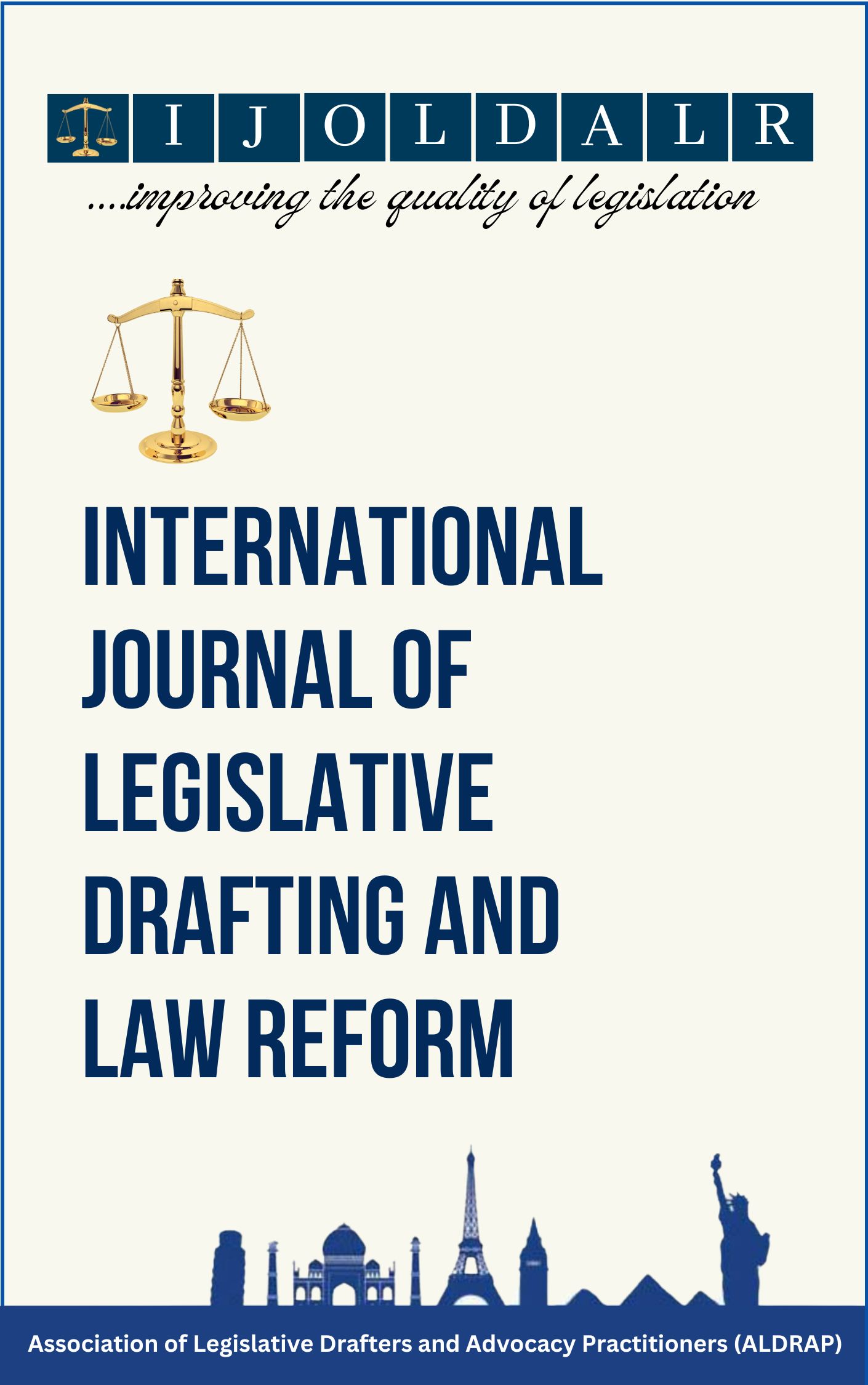Abstract
Several attempts have been made to introduce a law regulating legislative lobbying in Nigeria but these attempts have previously been unsuccessful. In early 2013, the lobbying bill was introduced at the National Assembly but not passed into law. In 2016, the discourse was reopened at the 8th Senate with the introduction of a new lobbying bill sponsored by Senator Dino Melaye titled “Bill for an Act for the Regulation and Registration of Lobbyists in Nigeria and for other matters connected therewith, 2016”. Unfortunately, the bill has been stuck in the Senate since 2016.
The hesitation in the passage of this bill can be said to be as a result of the reservation built around the idea of making lobbying legal because of the close resemblance it has or can have to bribery and/or corruption. This reservation is not unique to Nigeria. In developed countries with more advanced democracies, many citizens still view legislative lobbying as just another name politicians and large multi-nationals use to cover up their acts of bribing each other. Critics of lobbying suggest that it's “bribery in a suit”. Others say lobbying is simply “regulated bribery”. The closeness in resemblance between the two concepts is because in many cases, even legitimate lobbying involves the use of money as an instrument of influence, which situation would call for a judgment of the motive behind the money exchange, whether it is innocent lobbying or bribery simplicite.
In the United States and United Kingdom for instance, lobbyists often donate money to the election campaign of politicians who support their cause or who they believe or hope to support their cause/interests in future.8 It is difficult to say that such “donations” to their campaign do not influence the politicians in a way that bribery does, hence the question as to whether lobbying is not just another sophisticated way by which politicians and other interested persons attempt to mask what is in itself bribery
This paper attempts, to identify a distinction if any between the two concepts and define that distinction. The aim of this is to possibly guide the law and policy makers in the passage of the bill to ensure that their attempt to regulate lobbying does not in itself create more problems than solutions by unintentionally creating a tool in the hands of the corrupt to further their criminal acts.



 National Library of Nigeria
National Library of Nigeria.jpg) Association of Nigerian Authors
Association of Nigerian Authors Nigerian Library Association
Nigerian Library Association EagleScan
EagleScan Crossref
Crossref